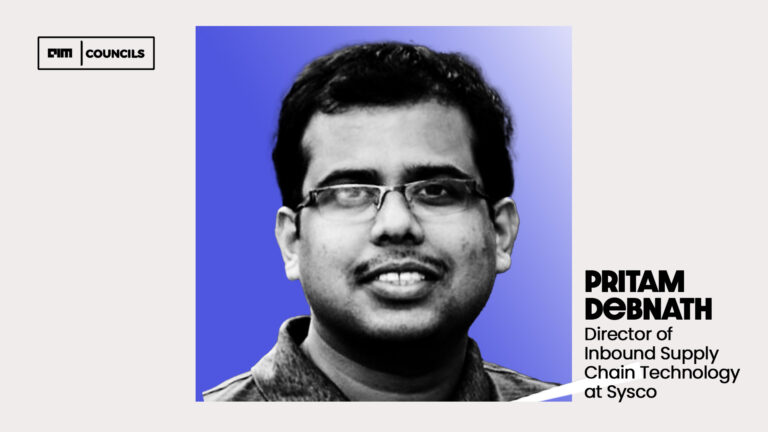In today’s rapidly evolving digital landscape, enterprises face mounting pressure to modernize legacy systems and accelerate product development. Traditional monolithic architectures and manual processes are ill-equipped to handle the scale, complexity, and agility required by modern businesses. The convergence of cloud-native development, artificial intelligence (AI), machine learning (ML), and generative AI (GenAI) offers a transformative approach to modernizing enterprise applications and data workloads. However, many organizations struggle to integrate these technologies effectively, risking competitive disadvantage and stifled innovation. This article explores strategic pathways for technology leaders to drive modernization and unlock new value through these cutting-edge paradigms.
Embracing Cloud Native Architectures for Agility and Scale
Cloud-native development is revolutionizing how enterprises build and deploy applications. By leveraging microservices, containers, and managed cloud services, organizations can break free from the constraints of monolithic systems. This approach allows for independent scaling, rapid iteration, and automated recovery, key ingredients for resilience and innovation. Adopting DevOps and CI/CD pipelines further accelerates time-to-market, enabling teams to deliver features and fixes continuously. For enterprises, this means improved software quality, reduced operational overhead, and the ability to respond swiftly to market changes.
AI, ML, and GenAI: Driving Intelligent Automation and Personalization
Integrating AI and ML into modernized applications unlocks unprecedented opportunities for automation and data-driven decision-making. Predictive analytics, intelligent workflows, and GenAI-powered content generation are transforming how businesses operate. For example, GenAI can automate code generation, accelerate prototyping, and personalize user experiences at scale. AI-driven insights help enterprises anticipate customer needs, optimize supply chains, and mitigate risks proactively. By embedding intelligence into every layer of the application stack, organizations can deliver more value to users and achieve higher operational efficiency.
Modernizing Enterprise Data Workloads for AI Readiness
Legacy data systems often present bottlenecks in the journey toward AI-driven transformation. Modernizing data workloads involves migrating to cloud-based data platforms, improving data quality, and establishing robust governance frameworks. This ensures data is accessible, secure, and ready for advanced analytics. Enterprises that invest in data modernization are better positioned to leverage AI and ML, as high-quality, well-governed data is the foundation for practical model training and trustworthy insights. The result is a virtuous cycle where data fuels innovation and AI capabilities drive better business outcomes.
In my recent role, I led several innovative initiatives that significantly enhanced our product development and customer engagement strategies. One of my key achievements was leading a cross-functional team to implement cloud-native microservices and CI/CD pipelines, which reduced product release cycles from months to weeks. Additionally, I oversaw the deployment of AI-driven customer personalization through GenAI-powered recommendation engines, achieving a remarkable 20% increase in customer engagement and satisfaction. Furthermore, I directed the migration of legacy data warehouses to a cloud-native analytics platform, which enabled real-time insights and supported advanced machine learning use cases across various business units. This comprehensive approach modernized our data infrastructure and positioned our teams for greater agility and responsiveness in a competitive landscape.
Modernizing enterprise applications and data workloads is no longer optional. It is imperative for organizations seeking to stay relevant and competitive. By embracing cloud-native development, integrating AI/ML and GenAI, and investing in robust data modernization, technology leaders can drive agility, innovation, and sustainable growth. The journey requires a strategic vision, cross-functional collaboration, and a commitment to continuous learning. Those who lead this transformation will shape the future of their industries.












